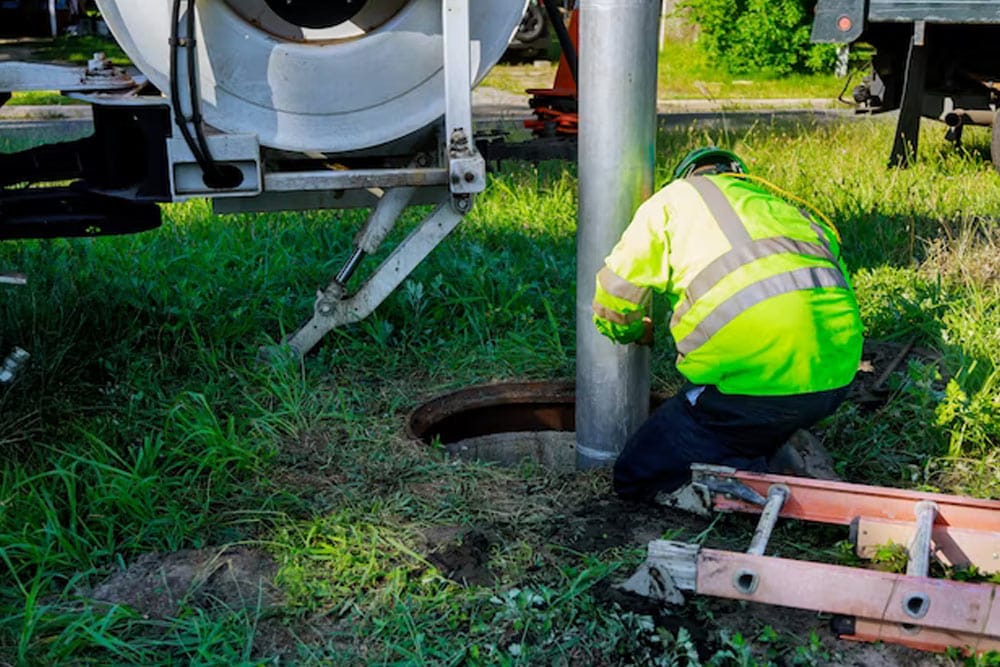Understanding The Role Of Septic Engineers In Environmental Protection
Septic engineers are vital to environmental protection. They are responsible for designing, constructing, maintaining and repairing septic systems, which are essential for wastewater treatment. These systems are designed to reduce pollution from wastewater, and they provide a safe and efficient way to dispose of wastewater. If you want to hire septic engineers, then you may visit Excavating Nj.

Image Source: Google
A septic system is an underground waste treatment system. It is made up of a network of pipes, pumps, tanks, and other components that are designed to collect, transport, store, and treat wastewater. The septic system is typically connected to a home or business's main sewer line. The wastewater is then treated in the system and sent to a local treatment plant.
Septic engineers are responsible for designing, constructing, maintaining and repairing septic systems. They must be knowledgeable about the different components of a septic system, as well as how the system works. They must also be familiar with local and state regulations for septic systems. Septic engineers are also responsible for conducting inspections of septic systems and evaluating their performance. They must be able to identify potential issues with the system and suggest solutions. In addition, they may need to provide advice on how to maintain the system and keep it in good working order.
Septic engineers play an important role in environmental protection. By designing, constructing, maintaining, and repairing septic systems, they help to reduce the amount of pollution that is released into the environment. In addition, they can also help to identify potential sources of pollution and suggest solutions. As such, septic engineers are essential for protecting the environment.